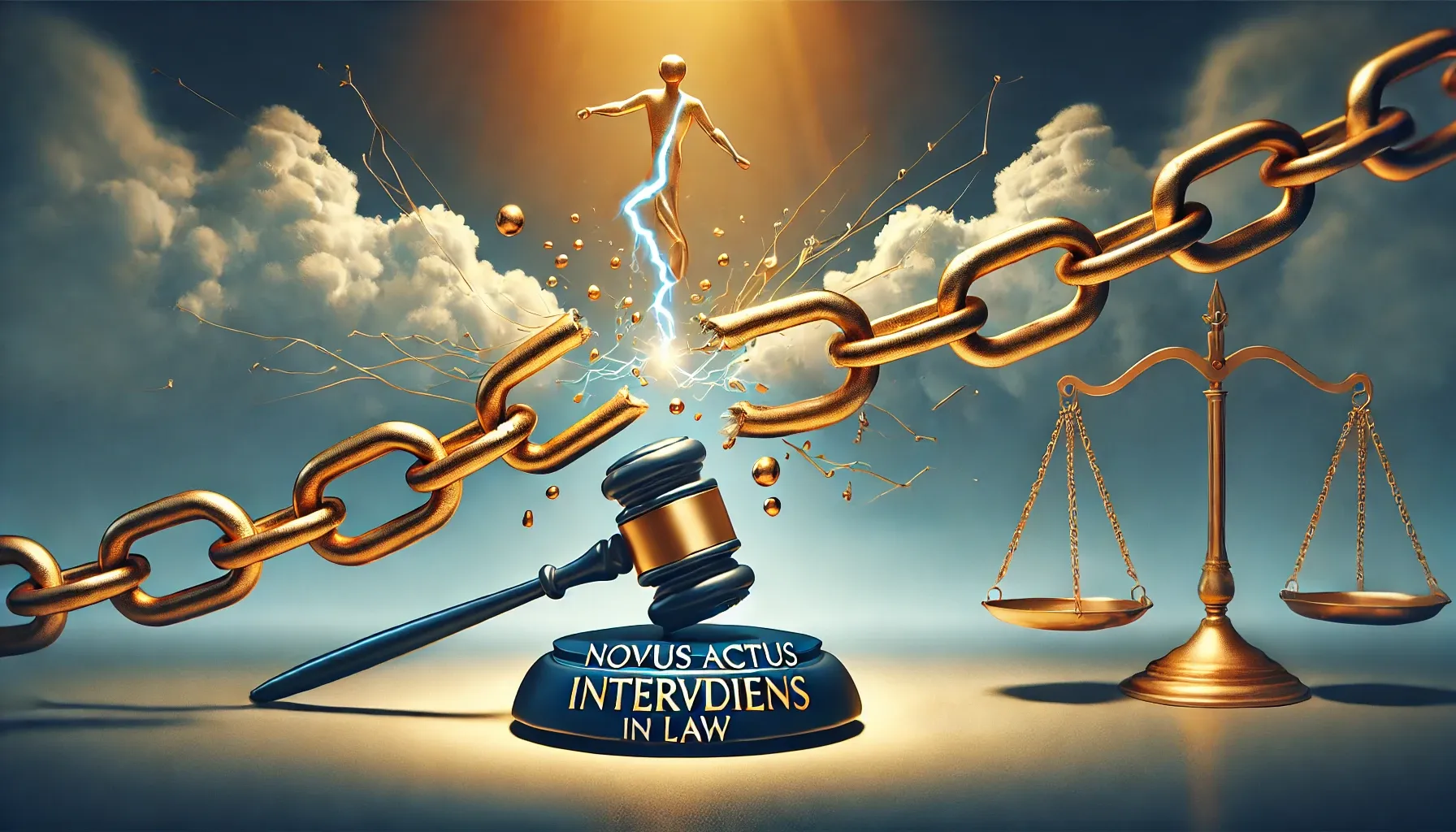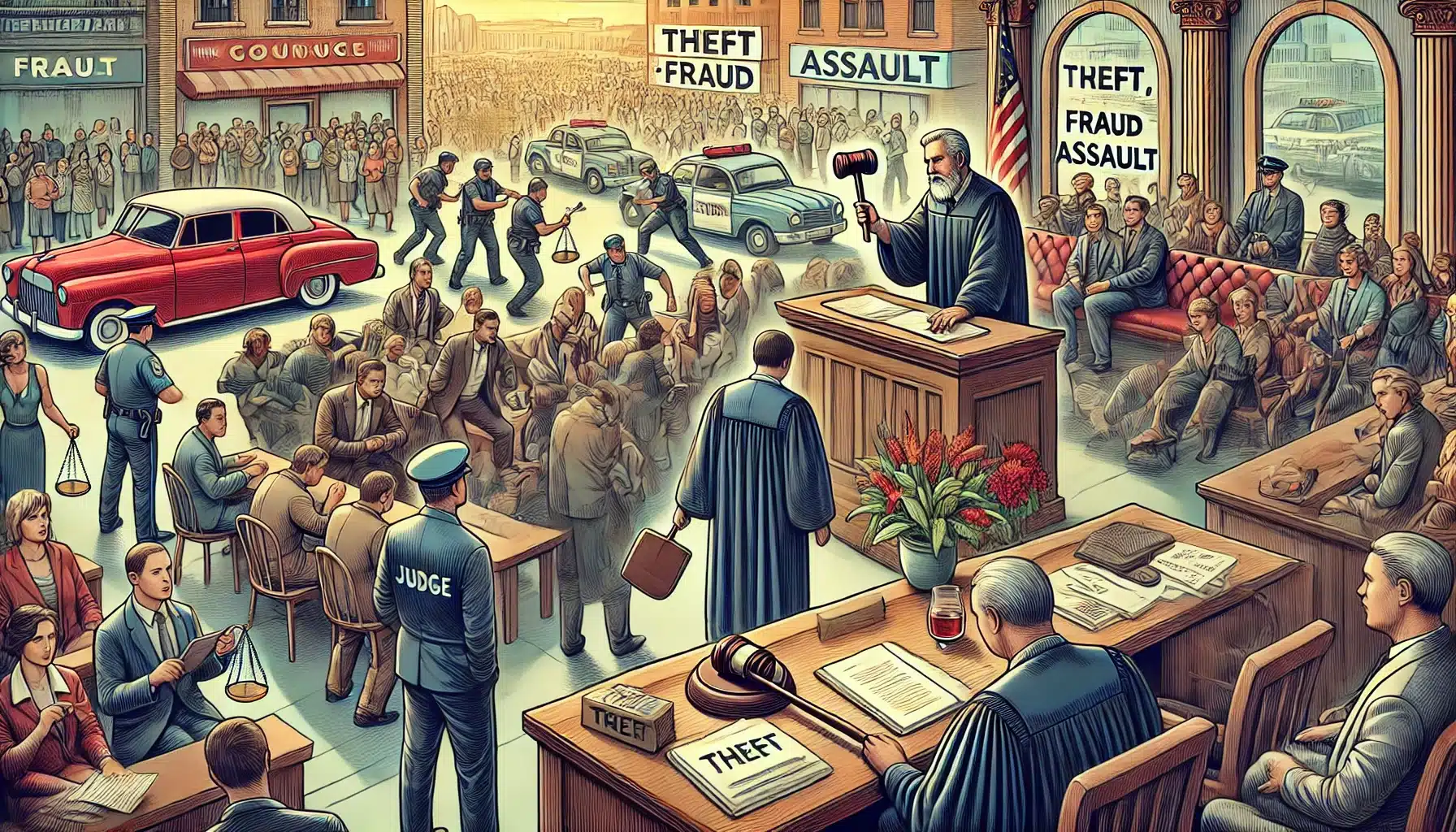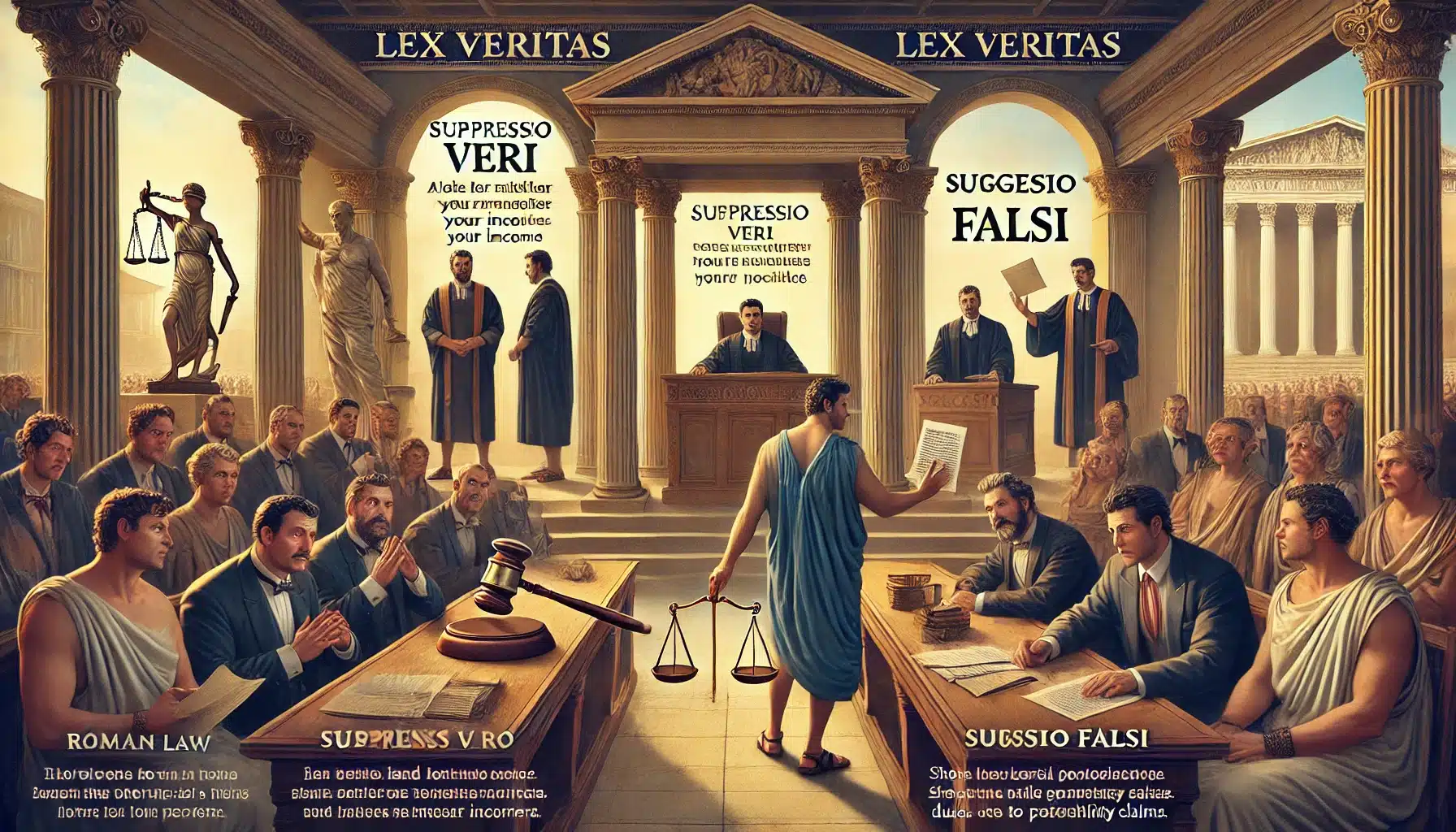Originates in 1400 century from Old English word freedom which means the power of self-determination, state of free will, emancipation from slavery, deliverance. Old Frisian fridom, Dutch vrijdom, Middle Low German vridom.

Definition
The right or a condition[i] of being able or being allowed to do or abstain from doing, to say or abstain from saying, to think or believe or abstain from the same, etc. whatever an individual want[ii], without being controlled or limited.
Meaning
Freedom[iii] refers to the lacking of restrictions that allow an individual to exercise one’s powers, rights, desires, or the like. freedom means no constrains[iv] and to act with the will of an individual free from coercion or influence from another individual, organization or state. Freedom is an important aspect because it leads to enhanced expression of original thought and creativity, it increases productivity and helps in achieving an overall high Quality of life.
As per law freedom[v] means the quality or state of being free. It can also be termed as the absence of necessity, coercion, or constraint in choice or action, liberation from slavery or restraint or from the power of another or the quality or state of being exempt or released from something onerous a political or civil right.
USAGE
The word freedom is used in the Constitution of India. The Indian constitution under article 19 to 22 deals with different fundamental rights that are guaranteed to every individual. These fundamental rights guarantee freedom to every citizen.
Freedom of Speech and expression under Article 19(1)(a) – Freedom of speech is a right to express one’s opinion. However, this right to Freedom of speech and expression is not absolute. Currently, eight restrictions came because of the judgment of Romesh Thapar v. State of Madras (1950).
- Security of the state
- Friendly relations with foreign states
- Public Order
- Decency or morality
- Contempt of Court
- Defamation
- Incitement to offense
- Sovereignty and integrity of India.
Media and Freedom of Speech – The Constitution does not make any specific reference to the Freedom of Press. The Supreme Court has emphasized in several cases on the importance of maintaining freedom of the press in a democratic society. The media seeks to advance the public interest by publishing facts and opinions without which a democratic electorate cannot make responsible judgments.
Freedom of Assembly under Article 19(1)(b) and freedom to form associations under article 19(1)(c) – Every individual has a right to assemble peacefully and without arms. To form associations or unions, which should be unarmed and peaceful. This right may be restricted in the interest of the public order or sovereignty and integrity of the country. There are various tools to handle unlawful or armed assemblies.
- Section 144 (Code of Criminal Procedure) can be imposed by the government which makes assembly of five or more people an unlawful assembly in certain areas.
- Section 129 (Code of Criminal Procedure) authorizes police to disperse any unlawful assembly which may cause disturbance to public peace.
Freedom of Association, Union, and Cooperatives – The Indian constitution gives every citizen a right to form associations or unions or cooperatives. The word “cooperatives” has been added via the 97th amendment act.
Freedom of Movement – The freedom of movement is guaranteed by the Indian constitution and citizens can move from one state to another and anywhere within a state. A person free to move from any point to any point within the country’s territories. However, there are certain exceptions to this freedom of movements, such as Scheduled Tribes areas and army areas.
Freedom of Residence – Every Indian Citizen is free to reside in any state except Jammu & Kashmir. Again this freedom is subject to certain restrictions.
Freedom of Trade & occupation – The Indian constitution guarantees every citizen to carry out trade, occupation, or business anywhere in the country.
Under Article 28 of the Indian constitution every citizen has the freedom as to attend Religious instruction or religious worship in certain educational institutions.
Freedom is also related to war and the phrase getting freedom means to be liberated from a rule of another entity. A freedom fighter is another term associated with war, a freedom fighter is a person who takes parts in the different movements to liberate the country from the rule of another entity.
Some historic usage –
- In the late 1400 century, freedom meant exemption from arbitrary or despotic control, a civil liberty.
- In 1570 freedom meant possession of particular privileges.
- In 1961 regarding civil rights of activists in the U.S.
Some use in the sentence –
- I felt such a sense of freedom, up in the hills alone.
- In college, we have the freedom to do whatever we want.
- This party stands for low taxes and individual freedom.
- He wants greater freedom to develop his ideas.
- During his speech, he laid particular stress on the freedom of the press.
- We are not terrorists, he said evenly. We are freedom fighters.
- For most citizens, liberty means the freedom to practice their religious or political beliefs.
ORIGIN
Originates[vi] in 1400 century from Old English word freedom which means the power of self-determination, state of free will, emancipation from slavery, deliverance. Old Frisian fridom, Dutch vrijdom, Middle Low German vridom.
[i] https://dictionary.cambridge.org/dictionary/english/freedom
[ii] https://www.lexico.com/definition/freedom
[iii] The Free Dictionary [Internet]. “freedom”. American Heritage® Dictionary of the English Language, Fifth Edition, Houghton Mifflin Harcourt Publishing Company, 2011 [cited 11 Jun. 2020]. Available from: https://www.thefreedictionary.com/freedom
[iv] The Free Dictionary [Internet]. “freedom”. Collins English Dictionary – Complete and Unabridged, 12th Edition 2014, HarperCollins Publishers, 1991, 1994, 1998, 2000, 2003, 2006, 2007, 2009, 2011, 2014 [cited 11 Jun. 2020]. Available from: https://www.thefreedictionary.com/freedom
[v] “Freedom.” Merriam-Webster.com Dictionary, Merriam-Webster, https://www.merriam-webster.com/dictionary/freedom. Accessed 11 Jun. 2020.
[vi] https://www.etymonline.com/word/freedom




